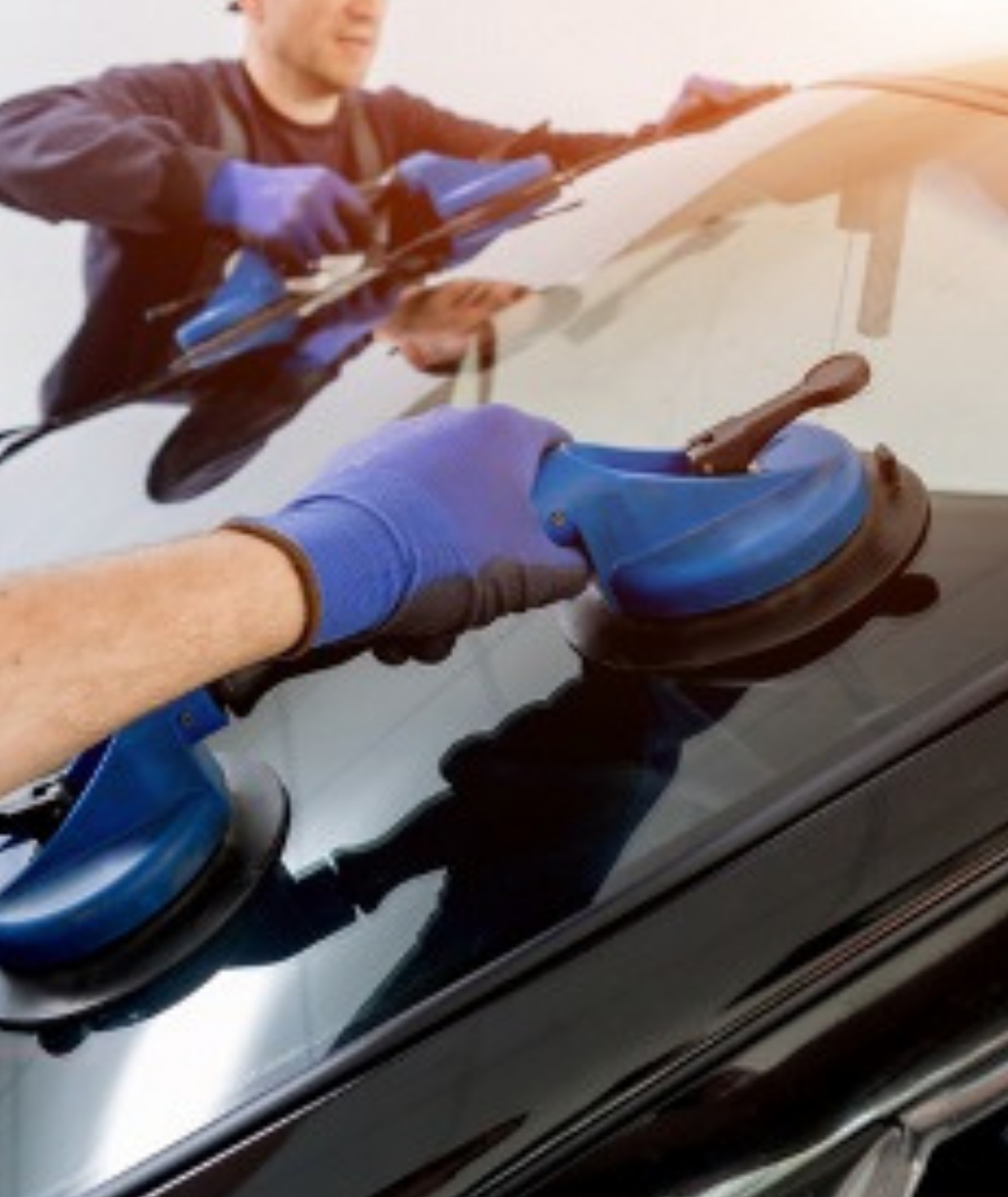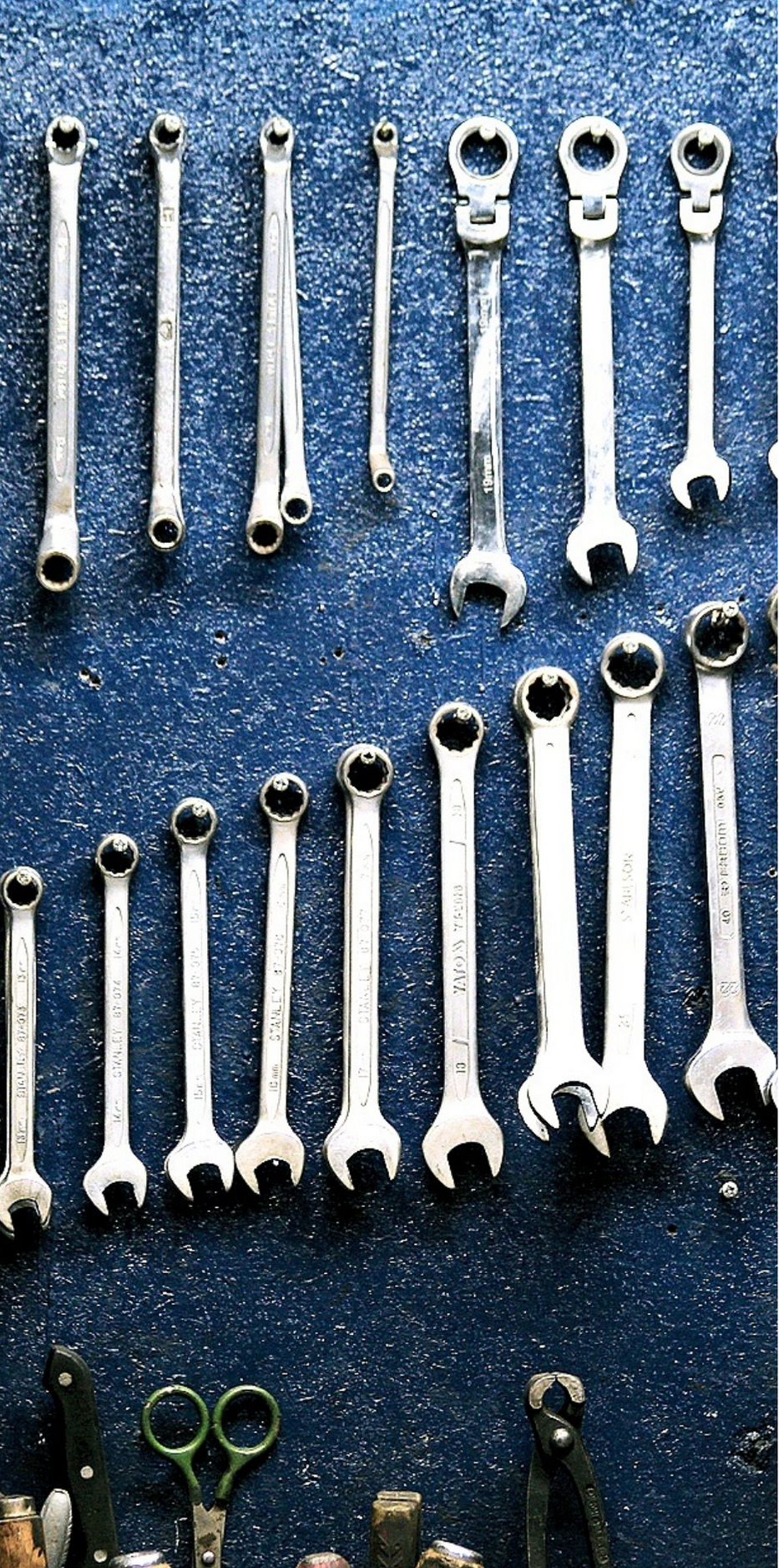How to Sell a Car, Motor & Transport Business


Do you have a car, motor & transport business you want to sell, but don’t know how?
We can help guide you through the whole process. From valuation advice, how to prepare your business for a sale, negotiation tips, to finalising the deal.
The SMMT estimates the UK car industry has a turnover of nearly £80 billion, with a quarter of that being spent on servicing and repair. Demonstrating the demand for garages, workshops, and body shops.
With 2.3 million new cars registered last year, there is also an increasing need for dealerships and salesrooms.
The private hire and taxi sectors are also thriving, there are 362,000 licensed drivers in the UK.
It’s a promising time for buyers wanting to enter various niches within this industry.
Read on for a walk through the complete sales process.
To gather an accurate valuation of a business, you must combine the business’ assets and its goodwill attributes.
Your business’ assets will differ according to which sector within the automotive industry you operate.
Typical assets for a garage are:
Assets in a better condition often provide better value for money for the buyer - it also means they won’t have to worry about replacing items soon.
But remember to be honest for an accurate valuation.
Although determining the goodwill value of a business is more difficult, it’s just as important.

Examples of goodwill traits (looking at a taxi & private hire company):
We understand it can be difficult to look at your own business objectively. Because of this, we recommend seeking advice from a business broker for an accurate price.
At Intelligent, we have a dedicated expert team with years of experience in calculating the value of hundreds of car, motor & transport businesses.
We look at each business on an individual basis, but we use the same basic formula, take a look below:

Adjusted Net Profit
This calculation takes into consideration any exceptional costs that the business has incurred. These exceptional costs are not considered part of the normal course of business and should therefore be excluded

Market Multiple
We analyse buyer behaviour and transactions regionally and nationally. We overlay our experience, sector knowledge and understanding of market trends to provide a real time market multiple

Assets & Liabilities
An asset is something that the business owns and is a key factor in determining the businesses value. These include such things as property, stock and equipment. A liability is the opposite of an asset and includes things such as loans, tax and mortgages
A good starting point when preparing for the sale of your business is to ensure you have all necessary documents and information ready.
It will make you appear more professional and confident, as well as helping with a more efficient selling process.
But that’s not it.
By fixing any problems with your business you can be assured that you will receive the best possible price.
We have highlighted some areas below you may want to focus on.
Of course, good hygiene levels are expected in any business.
But it is especially important in the chauffeur, private hire & wedding sectors of the automotive industry.
Conveniently, this is a relatively simple and affordable action in boosting your business’s value.
An efficient way to boost the price of your car, motor & transport business is to ensure any necessary repair work at your premises or on your fleet has been undertaken.
Fixing these issues makes your business an attractive option as it saves the buyer work after the sale.
But remember:
Although repairs and maintenance are essential - don’t have a total refurbishment or buy new equipment just before the sale.
The buyer may want to change the appearance of the unit to suit them.
And you may not regain the cost of pricey new equipment.


We recommend you have at least three years of financial statements prepared, ready to show interested parties.
This usually happens at the enquiry stage (click here for an in-depth guide on how to manage enquiries and viewings).
Having an overview of your business’s financial health will help enable a buyer to decide if it is a suitable choice.
The financial documents you will need are as follows:
The buyer will undertake due diligence which will highlight any inaccuracies within your business’s finances. So, make sure you’re 100% honest from the start.
Other important documents to gather include:
When you’re preparing to sell your business, it is crucial to have an organised management structure.
This is vital in businesses where owners are heavily involved with the day-to-day running of their business. For example, it is common for mechanics to own their garages.
This will make your business attractive to a wider audience as some buyers may only be interested in businesses that can be operated in a hands-off manner.
Are you a hands-on business owner? Why not start delegating more responsibilities to your current managers and/or team leaders.
After this careful preparation, it’s time for negotiations.
Now is when you will discuss with your buyer what’s included in the sale.
Having your documents prepared in advance means you’ll be able to negotiate more efficiently. Naturally, the buyer will be inquisitive but remember, this isn’t a one-way process. You should also be assessing their capacity to run a car, motor & transport business successfully.
Once the terms (such as the price and itinerary) have been agreed, a ‘Heads of Terms’ or ‘Letters of Intent’ document will be drawn up and signed by both parties.
At this point, the sale is essentially finalised. But remember, it’s not legally binding yet.
You must then decide on a payment procedure, there is more than one option.
The buyer may be able to pay in a lump sum, but you could also offer a payment plan, with a larger total sale price. This is known as owner or seller financing.
It’s crucial that you enquire about specific protective legal advice as you could be at risk of a buyer default. This is one of the reasons it’s important to use a good solicitor.
We can help with that.
Using an Intelligent trusted partner, you’ll save time and money. Sellers complete on average 4 weeks earlier than the industry standard and our negotiated savings are passed on in full.
Next, it’s time for due diligence checks. These are undertaken by the buyer and their team of professionals.
We have an in-depth guide on this, but it essentially involves scrutinising your premises, finances, assets, liabilities, clientele and reputation, as well as external threats and competition.
Hooray! You’re here, you have arrived at the final stage of selling your business.
After successful due diligence checks, the buyer will be able to commit to a final, legally-binding ‘Purchase of Business Agreement’.
This will resemble the ‘Heads of Terms’ or ‘Letters of Intent’ from the negotiation stage.
However, if any falsehoods are realised during due diligence, this would likely lead to renegotiation of the terms of sale and/or price.
In the worst-case scenario, the buyer may drop out of the deal completely.
Therefore, it’s crucial you’re 100% honest throughout the entire selling process.
You will then need to obtain any relevant documents from landlords and banks for the transfer of premises, equipment, and liabilities.
After you have confirmed the above documents and the money is transferred, you will have officially sold your business.
Congratulations!
Just one more thing.
How does the handover work? Well, it can be immediate or transitional.
As the name suggests, an immediate handover is when there is an immediate shift of ownership and management.
Or perhaps, you might opt for a transitional handover. This allows for a smoother exchange of ownership.
The terms of a transitional handover are up to you and the buyer. Usually, the seller stays on for a couple of weeks or month, overlapping in management.
We recommend a transitional handover where possible.
It is attractive for buyers as they can understand the day-to-day running of the business.

How to Handle Customer Complaints
A Guide to Completing & Filing Your Self Assessment Tax Return
There you have it, your go to guide for selling a car, motor & transport business.
It may seem like a tough process, but with a little preparation and planning, you will achieve the best possible sale price.
Selling with Intelligent, removes the stress so that you can focus on your business instead.
We have a dedicated expert team who will work hard to fully understand your business and what makes it unique, giving you peace of mind.
Why not get a free, instant valuation of your business via the tool below?
Get quick and easy insight into the real value of your business, without any obligations.
At Intelligent, all of our experts use a specific formula that will give you a free and highly accurate baseline valuation so that you've got a figure to work with that most realistically resembles the value of your business.